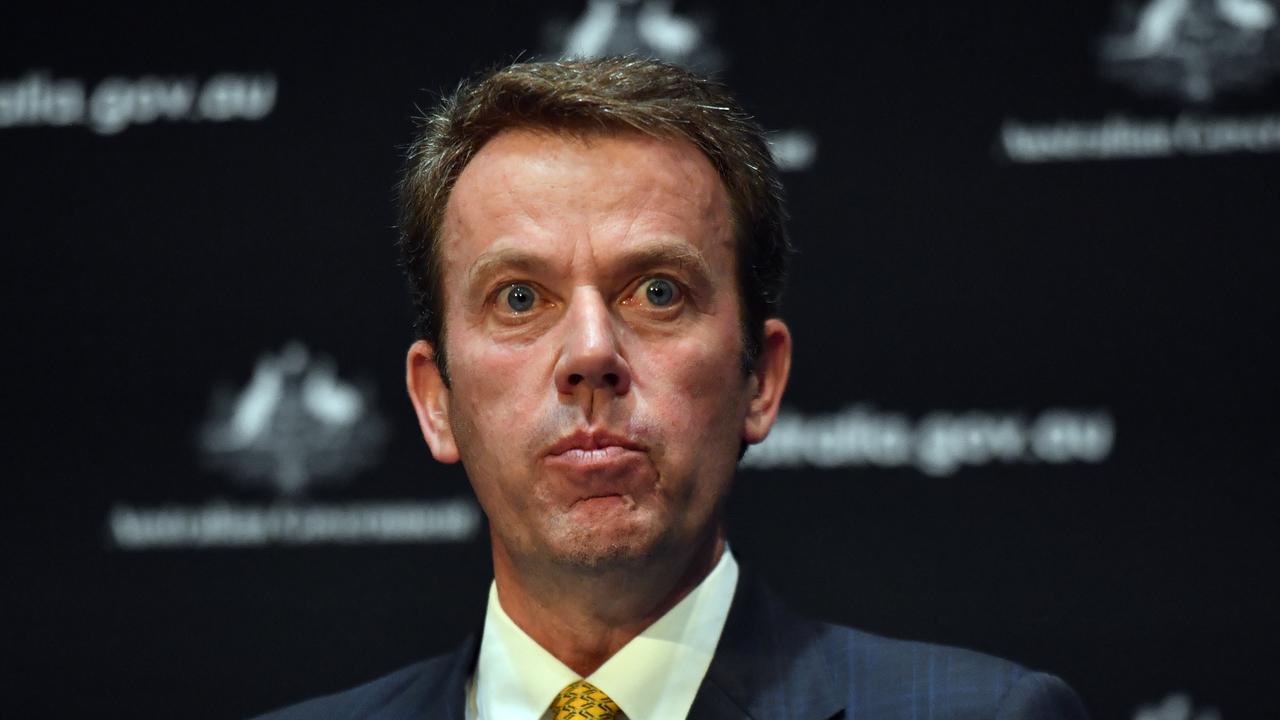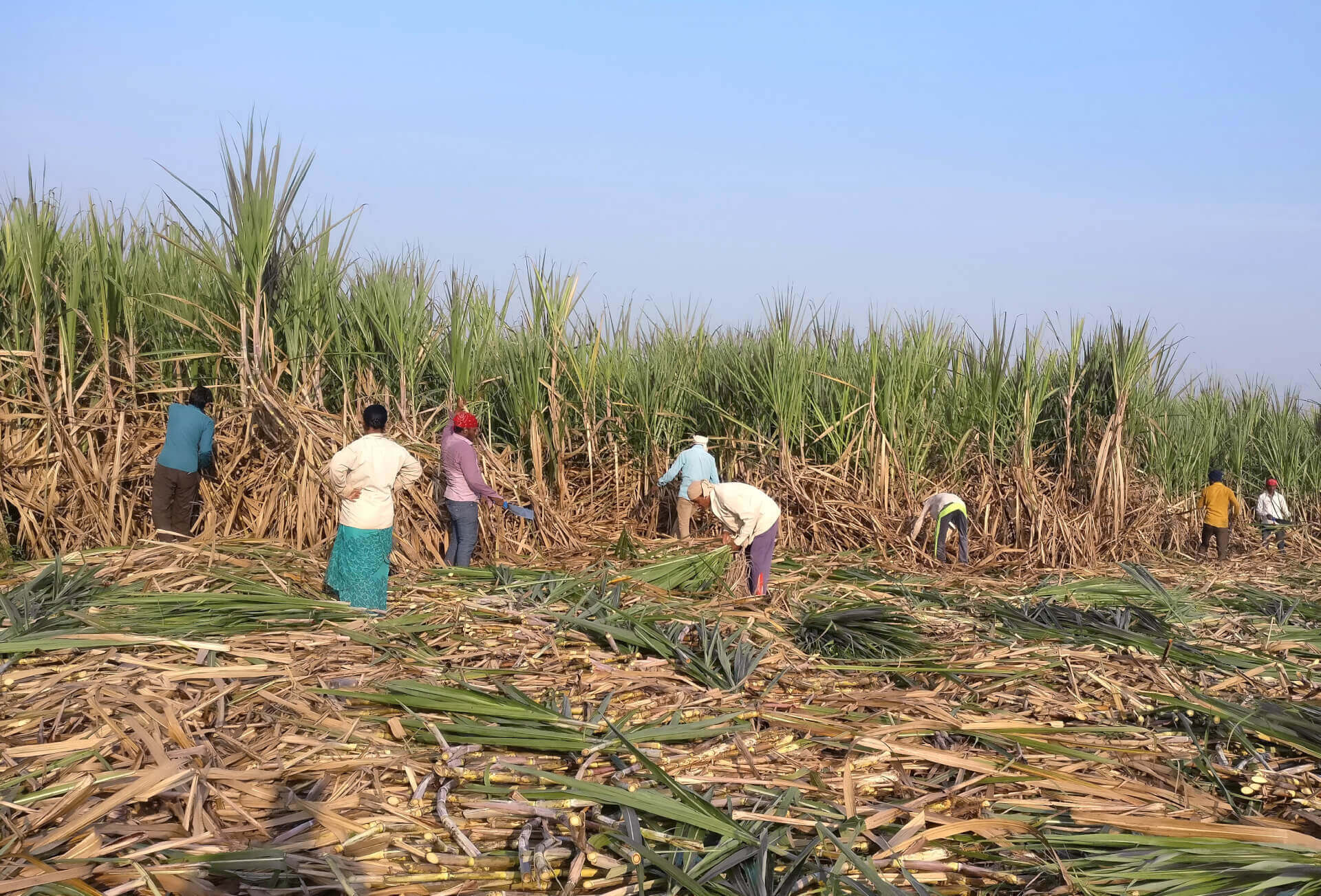The World Trade Organisation’s (WTO) panel said that India had violated international laws through excessive subsidies for the domestic production and export of sugar and sugarcane. India can now appeal to the WTO’s appellate body in the next 60 days. However, as the body is not currently functioning, an appeal would serve as a veto against the panel’s verdict.
The dispute began in 2019, when Brazil, Guatemala, and Australia filed parallel complaints in the international trade body claiming that India’s sugar subsidies and its decision to reintroduce a minimum support price for sugar violate international rules. The trio said that India had introduced minimum export quotas for local sugar mills and provided other incentives to promote its exports. They claimed that these actions have distorted global sugar market prices. The dispute came after India introduced $730 million worth of assistance programmes for the production of sugar at the national and state levels in the 2018-2019 period.
The WTO panel said that India, which is the largest producer of sugar after Brazil, had violated the WTO Agreement on Agriculture and the SCM (Subsidies and Countervailing Measures), as it introduced “excessive non-exempt product-specific subsidies” for sugarcane from 2014 to 2019. It urged India to withdraw its illegal subsidies within 120 days of the publication of the report. In addition, the panel also said that India had failed to inform the WTO committee about its sugar export subsidies, constituting another violation of international trade rules.
Celebrating the decision, the Australian Trade Minister Dan Tehan said, “Australia’s use of the WTO in this matter is consistent with its previous use of the WTO and aligns with our support for the rules-based trading system.” Likewise, Brazil’s Sugar Industry group, Unica, said that the panel’s decision recognises the disruption caused by Indian sugar policies. Simultaneously, it said that India and Brazil continue to work together in their search for a “collaborative solution” to the issue.

Meanwhile, the Indian Ministry of Commerce and Industry released a statement clarifying that there would be “no impact” of the findings on India’s “existing and ongoing policy measures in [the] sugar sector.” It also said that India has initiated the necessary measures to file an appeal at the WTO, as India’s measures were consistent with WTO’s agreements. Criticising the panel’s verdict, it stated that the decision was “unacceptable” and “unreasoned.”
Last month, Brazil’s sugar exports dropped due to the rising energy prices, as a result of which the price of raw sugar hit a four-year high. Keeping this in mind, the international sugar market faces the risk of further destabilisation if India decides to appeal the case and effectively nullify the panel’s order. Regardless, however, WTO rulings merely serve as guidelines or warnings, and are not binding or enforceable.

